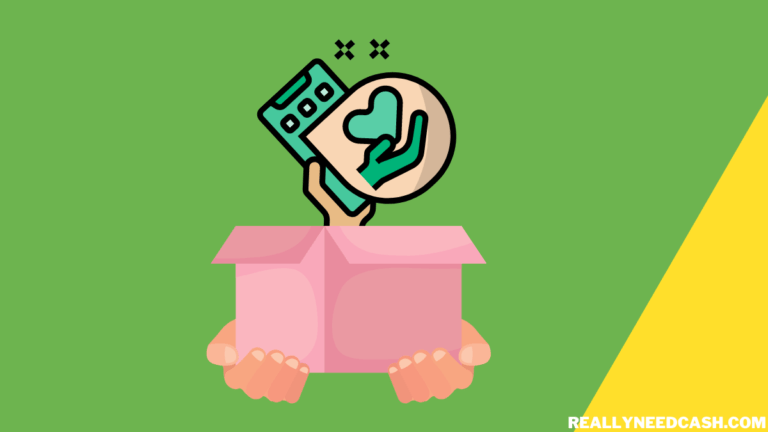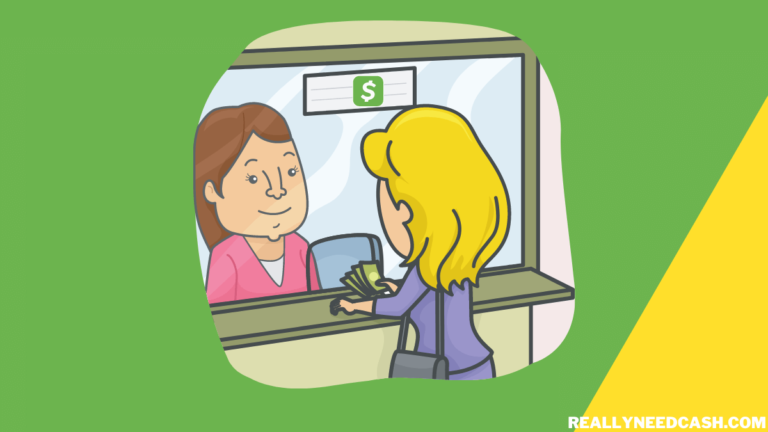Ownership and Corporate Structure of Cash App
Cash App is owned by Block, Inc., a leading financial services company. This section explores the parent company, key executives, and Cash App’s role within Block’s overall structure.
Block, Inc: The Parent Company of Cash App
Block, Inc. is the parent company of Cash App. Founded in 2009 by Jack Dorsey and Jim McKelvey as Square, Inc., the company initially focused on providing payment solutions for small businesses. Over the years, it expanded its offerings, including Cash App, which launched in 2013 as a peer-to-peer payment platform.
As of now, Block, Inc. trades under the ticker symbol SQ on the New York Stock Exchange. The company’s mission is to make financial services accessible and easy for everyone. With around 57 million monthly active users, Cash App plays a vital role in this vision, contributing significantly to the company’s revenue.
Key Executives and Board of Directors
The leadership of Cash App is integral to its operation and growth. Owen Jennings serves as Chief Operating Officer, leading daily operations and strategic initiatives. Other key executives include Brooke Ellis, focusing on design, and Luis Oliveira, who also plays a role in Cash App Investing.
Jack Dorsey, co-founder of Block, Inc., takes an active role in guiding the company’s direction. The Board of Directors comprises experienced individuals with backgrounds in technology and finance, ensuring strategic governance. Their collective expertise helps shape the future of Cash App and its offerings.
Cash App’s Position in Block’s Ecosystem
Cash App is a crucial part of Block, Inc.’s ecosystem. It complements other services like Square and TIDAL, creating a comprehensive financial platform. This integration enables users to seamlessly transition between services, whether it’s making payments, investing, or managing finances.
The app has grown to include features such as direct deposits and banking services. As Cash App continues to expand its offerings, it enhances the overall value proposition of Block, Inc., strengthening customer engagement and loyalty across its platforms.
Financial Services and Features of Cash App
Cash App offers a variety of financial services that make managing money simple and accessible. From transferring funds to investing in stocks and cryptocurrencies, it caters to different financial needs in one app.
Transferring and Investing through Cash App
With Cash App, I can easily send and receive money from friends and family. I just need their $Cashtag or phone number to complete a transaction. It’s secure and fast, usually happening instantly.
Investing is also a strong feature. I can buy and sell stocks right from the app without paying commissions, making it budget-friendly. This gives me a way to dip my toes into the stock market. I like seeing my investments grow over time, which is quite motivating.
Cash Card and Direct Deposits
The Cash Card is a debit card linked directly to my Cash App balance. I can use it anywhere that accepts Visa, which is super convenient. Plus, I have the option to customize my card with my own design.
Direct deposits are another handy feature. I can set up my paycheck to go directly into my Cash App account. This means I get my money faster and can manage my funds more quickly without delay.
Bitcoin and Cryptocurrency Transactions
Cash App allows me to buy, sell, and hold Bitcoin. This feature has made it simple for me to explore cryptocurrency without needing a separate wallet. The app’s interface is user-friendly and straightforward.
I can even send Bitcoin to others using their $Cashtag. This option opens up new opportunities for transactions. Plus, I can track my Bitcoin investments to see how they perform over time. Making these transactions is a natural fit for anyone curious about digital finance.
Business Development and Market Presence
The growth and market presence of Cash App illustrate its position in the competitive landscape of digital payment services. I will cover its key competitors, recent growth, as well as international expansion efforts.
Competitors and Market Position
Cash App faces significant competition from several well-known platforms. Major competitors include Venmo, PayPal, Apple Pay, Google Pay, and Zelle.
- Venmo: Popular among younger users, it focuses on social payments.
- PayPal: A longstanding player in digital payments with a broad user base.
- Apple Pay and Google Pay: Both integrate with their respective mobile ecosystems, making them convenient options for users.
Cash App has gained traction in the U.S. with 57 million monthly users and has carved out a unique position by offering features like cryptocurrency trading and direct deposits.
Growth, Profitability, and Investors
Cash App has shown impressive financial growth. In 2023, it reported $14.3 billion in revenue, marking a 34.9% increase from the previous year.
- The app’s gross profit was $4.32 billion, showcasing its profitability.
- It attracts significant investments; for instance, major shareholders include Jack Dorsey and large institutions like Vanguard.
This strong financial performance is backed by a growing user base and innovations that keep it appealing to both users and investors. Cash App’s market cap is a reflection of its robust business model.
International Expansion and Regulatory Compliance
Currently, Cash App operates in the United States and the United Kingdom. As it looks to expand internationally, it must navigate complex regulatory environments. Partnerships with entities like the Federal Deposit Insurance Corporation (FDIC) and compliance with the Securities and Exchange Commission (SEC) will play roles in future growth.
- Adapting to local regulations is key for successful entry into new markets.
- Cash App emphasizes user security and compliance, making it more appealing to consumers.
These efforts highlight Cash App’s strategic approach to solidify its position in the global market while ensuring trust and reliability among users.
Frequently Asked Questions
In this section, I will answer some common questions about Cash App. These questions cover its ownership, safety measures, revenue generation, and more, providing a clearer picture of how Cash App operates.
What corporation is behind the ownership of Cash App?
Cash App is owned by Block, Inc., which was formerly known as Square, Inc. The company was founded by Jack Dorsey and Jim McKelvey in 2009. Block, Inc. focuses on financial technology, and Cash App is one of its key products.
How does the ownership of Block, Inc. influence Cash App?
The ownership by Block, Inc. allows Cash App to leverage extensive resources and technology. This backing supports continuous app updates and feature expansions. Additionally, Block’s commitment to financial innovation drives Cash App’s ability to offer competitive services.
What safety measures does Cash App implement for users?
Cash App employs several safety measures to protect users. These include encryption of sensitive information and the option to enable two-factor authentication. Users can also set up a unique Cash App PIN for added security when making transactions.
What is the relationship between Cash App and PayPal in terms of ownership?
Cash App and PayPal are separate entities, each owned by different companies. While both offer peer-to-peer payment services, they operate independently in the financial technology space. This means they have distinct features and user experiences.
Can you explain how Cash App generates revenue?
Cash App generates revenue through various channels. A major source is transaction fees from businesses that accept payments via the app. It also earns money from Cash Card transactions and from investing services, like stock and Bitcoin purchases.
What financial institution supports Cash App transactions?
Cash App relies on Lincoln Savings Bank to provide banking services. This partnership allows Cash App to offer features like direct deposits and savings accounts. Users can trust that their transactions are managed by a federally insured institution.




